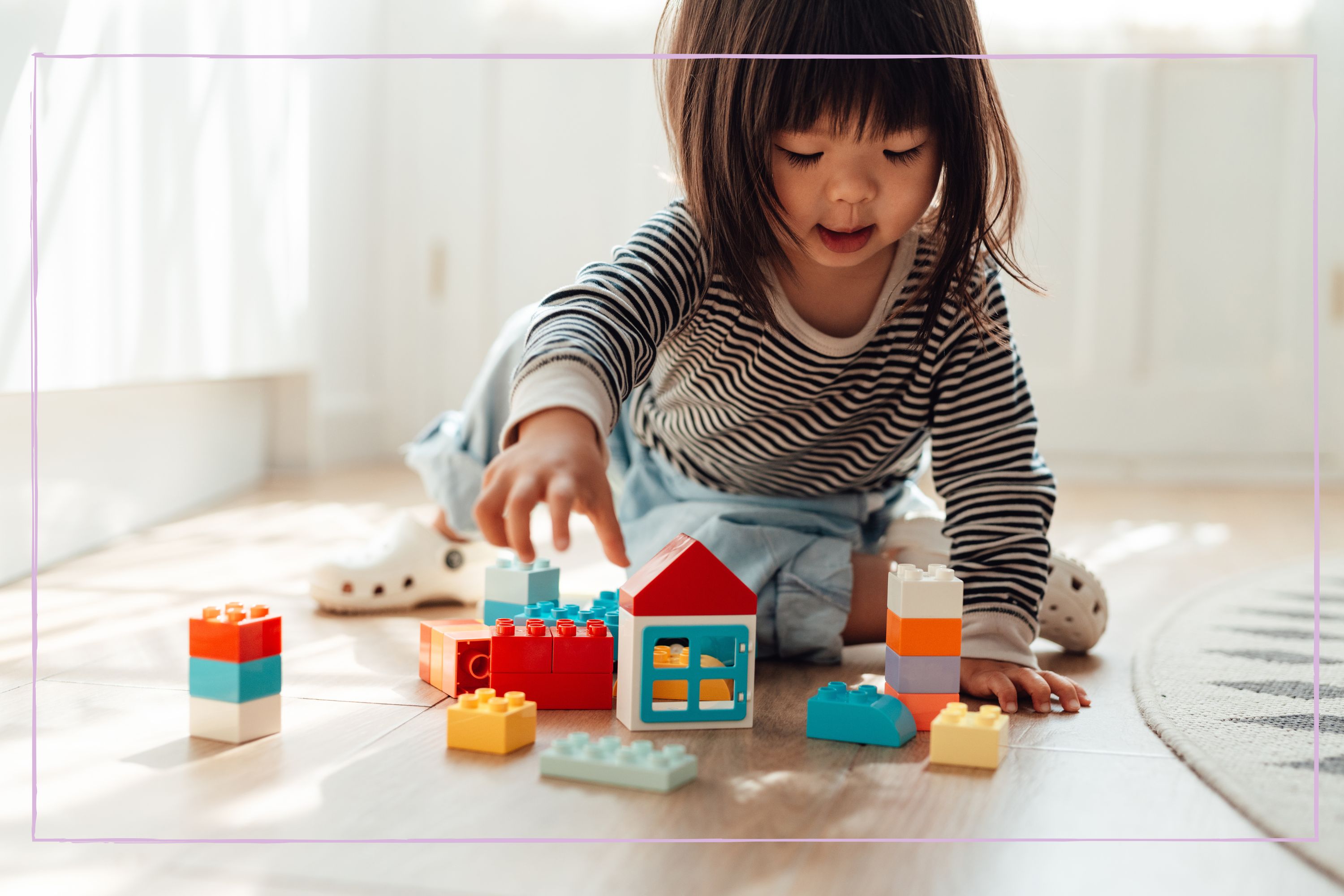How early childhood 'shapes us' says psychotherapist and why parents must carry that forward
A child's earliest experiences can have a 'crucial' impact on their mental health and personal growth as they grow up

A psychotherapist has highlighted the importance of early childhood, with people's first memories and experiences 'shaping' them as they grow up and develop crucial skills.
With all the stressful practicalities of keeping a family home running smoothly, from keeping up with the school Whatsapp group (that can be more useful than you may think) to dealing with your teen's friendship struggles, it can be easy to forget that every day is precious and shaping your child's future.
Now, one psychotherapist is urging parents to make sure that the experiences of every day are setting their kids up for a happy and healthy future - and their argument is hard to ignore.
"Early childhood is a delicate period where brain development is at its peak, making it a time of both opportunity and vulnerability," Dr. Karen Molano, a clinical psychologist specialising in early childhood development, told Psychology Today. With this in mind, she says that parents need to understand how every little action they carry out can impact their children's understanding of the world.
How a parent responds when their child is upset is something Dr Molano highlights as perhaps the most important lesson a parent can give their child. Your response, she says, will determine a child goes on to understand their own mental and emotional health as they grow up. If you respond in a healthy, supportive way when they're struggling, they in turn will show themselves this same understanding, patience and love when they struggle with upsets and anxiety in adulthood.
These 'positive interactions' in times of trouble, whether it's you reading to a child to help them calm down, stroking their hair when they're crying, or even just sitting with them while they work through their own problems, Molano says, "Helps the brain wire itself for resilience."
"If you’re a parent, know that the early years are a window of opportunity for nurturing emotional health. Spend time reading with your child, engage in interactive play, and encourage their curiosity," Dr Molano says. "Even small moments of attention—like talking about their day—build a sense of security that fosters healthy brain development."
GoodtoKnow Newsletter
Parenting advice, hot topics, best buys and family finance tips delivered straight to your inbox.
It makes sense when we think about the habits and coping mechanisms we fall into ourselves when facing stress and struggle. "Reflect on your early memories: How did your caregivers respond when you were upset? Did you receive comfort and support, or were there restrictions on how you could express yourself? How did these experiences influence your understanding of mental and emotional health," Molano asks.
She adds, "The way we manage stress, handle relationships, and navigate challenges is deeply influenced by the environment we were in as children. These experiences lay the groundwork for lifelong mental well-being."
To help you create the best environment for your kids to learn about mental health, we've spoken to the experts and answered all your questions, explaining how to talk about mental health with your kids and how to talk to your teen about 'sadfishing' and the impact it has on mental health. Plus, if Dr Molano's insight has you thinking about your own childhood experiences, you're not alone. Many parents are wondering if they grew up with a 'critical mum' and want to know how it might impact their parenting style.
Charlie Elizabeth Culverhouse is a news writer for Goodtoknow, specialising in family content. She began her freelance journalism career after graduating from Nottingham Trent University with an MA in Magazine Journalism, receiving an NCTJ diploma, and earning a First Class BA (Hons) in Journalism at the British and Irish Modern Music Institute. She has also worked with BBC Good Food and The Independent.